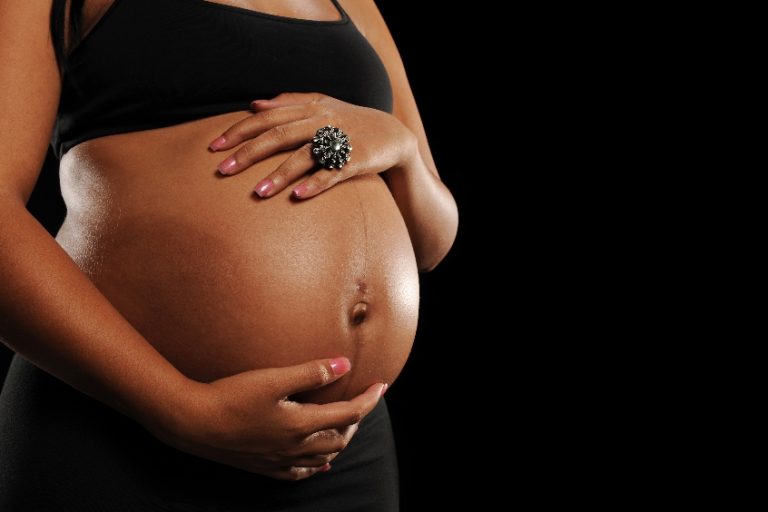The Federal Government is set to start Multiple Micronutrient Supplementation (MMS) to enhance nutrition for pregnant women and ensure they deliver healthy babies.
The Coordinating Minister of Health and Social Welfare, Prof. Ali Pate, disclosed this on Monday in Abuja during a news conference, adding that the rollout will commence in Bauchi State.
The minister, who was represented by the Permanent Secretary, Ms Daju Kachollom, said the ministry adopted the use of MMS based on the 2020 World Health Organisation (WHO) recommendation on antenatal care for positive pregnancy experience.
He said this led to the inclusion of MMS for pregnant women in the “National Guidelines for the Prevention and Control of Micronutrients Deficiencies Control in Nigeria” for improved pregnancy outcomes, compared to Iron Folic Acid (IFAs) supplementation.
According to him, MMS is a once-a-day pill packed with critical micronutrients, typically containing 13 to 15 vitamins and minerals.
He explained that “the recommendation is outlined by the United Nations International Multiple Micronutrient Antenatal Preparation (UNIMMAP) formula which is required during pregnancy.
“Empirical evidences from clinical trials over the last two decades have consistently shown that MMS offer additional benefits over Iron and Folic acid Supplements (IFAS) in reducing adverse pregnancy outcomes that negatively impact the first 1,000 days of life and beyond.”
Pate said that the second pillar of the nation’s National Health Sector Renewal Investment Programme which aimed to achieve an efficient, equitable and quality health system targeted the strengthening of preventative programmes for priority diseases.
He added that scaling up programmes that delivered MMS to vulnerable mothers was now an urgent priority.
“This requires efficient supply chain systems and building awareness of its health benefits among mothers, communities, and maternal healthcare providers.
“Beyond making MMS available and accessible, we also need to make the information about its efficacy available to the public, especially to pre- and antenatal women.
“It is well known that pregnancy increases the daily requirement of several vitamins and minerals to meet the nutritional needs of the developing fetus and other metabolic functions.”
The minister said that antenatal MMS was designed to address these heightened demands, which were often not met through diet alone.
Talking about the benefits, he said it is particularly useful for pregnant women in poor resource settings where micronutrient intake is typically low.
He added that “this is due to inadequate dietary diversity, limited access to nutritious food, gender inequality, and prevalent social norms.”
He, however, said that Nigeria is not phasing out IFAs completely, rather, it will transit from IFAs to MMS.
“States that have IFAs will continue to use them. The result of the pilot study going on in Bauchi State will assist government to make positive decision on scaling-up MMS implementation across the country,” he added.
On the mode of distribution to pregnant women, the Director of Nutrition in the ministry, Mrs Ladidi Bako-Aiyegbusi, said it would be given to pregnant women free of charge during ante-natal at the hospital.
She said “government has made provision for the procurement of MMS through the 2024 Appropriation Act and we also have support from our implementing partners in ensuring that we have adequate supply in health facilities.
“It is affordable and when you compare the benefits of MMS to iron and folic acid, iron is one tablet, folic acid is another tablet, but MMS has 15 vitamins and minerals in one so the impact is quite huge.”
She, however, said that the pregnant women would not be taking MMS alongside iron and folic acid because the nation was transiting from the use of iron and folic acid to MMS.
Bako-Aiyegbusi added that pregnant women would be expected to take the tablet once daily for 180 days in the course of the pregnancy.
The Country Representative, Nutrition International, Dr Osita Okonkwo, said MMS is a good replacement for IFAS because it has the potential to enhance the well-being of the newborn and prevent low birth weight.
According to him, low birth weight has complications for a child that is born to an unhealthy mother or even a healthy mother.
“So, what this will do is to help the mother to build up her immunity and strength to be able to deliver a healthy baby.
“The focus is to ensure that every child comes out healthy with appropriate weight at birth, which ensures better outcome.
“Usually, what is required is to ensure that a pregnant woman is not anemic, if she is anemic, there is another process to go through.
“However, for a normal pregnant woman going through pregnancy which is a physiological process, MMS helps the child to come out with the appropriate weight.”
NAN


